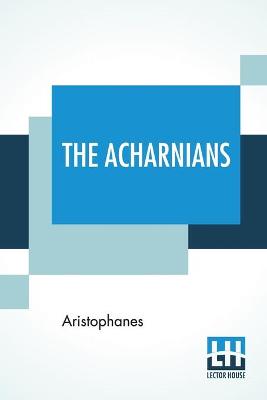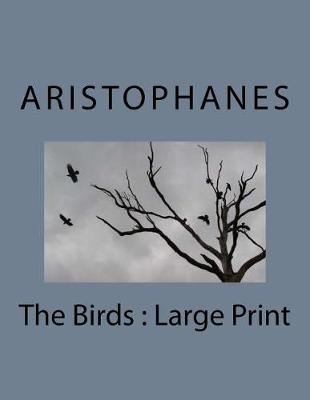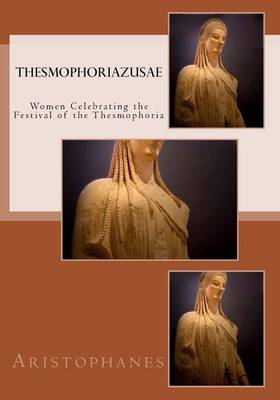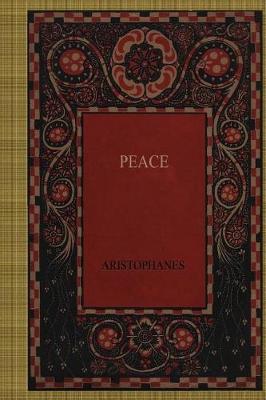Classical Texts
8 total works
This scholarly edition of Aristophanes' Peace was first published in 1964. It contains the Greek text, apparatus criticus and commentary with full notes on textual criticism. The introduction gives a good summary of the manuscript evidence for the play.





